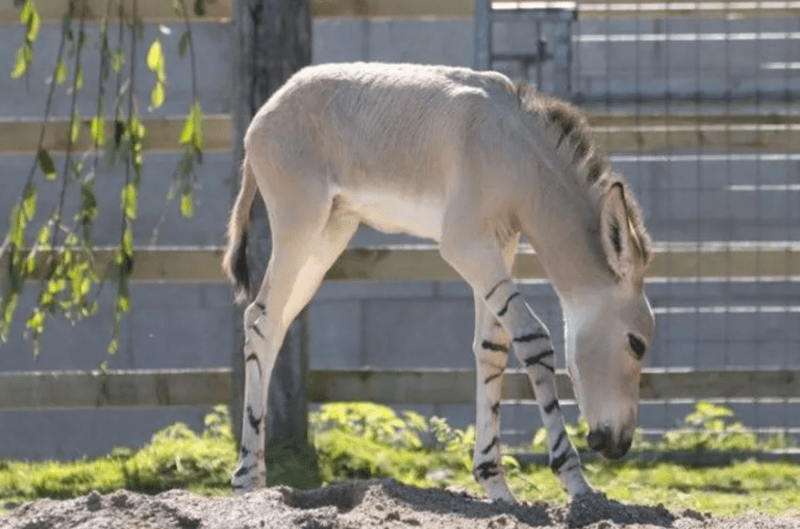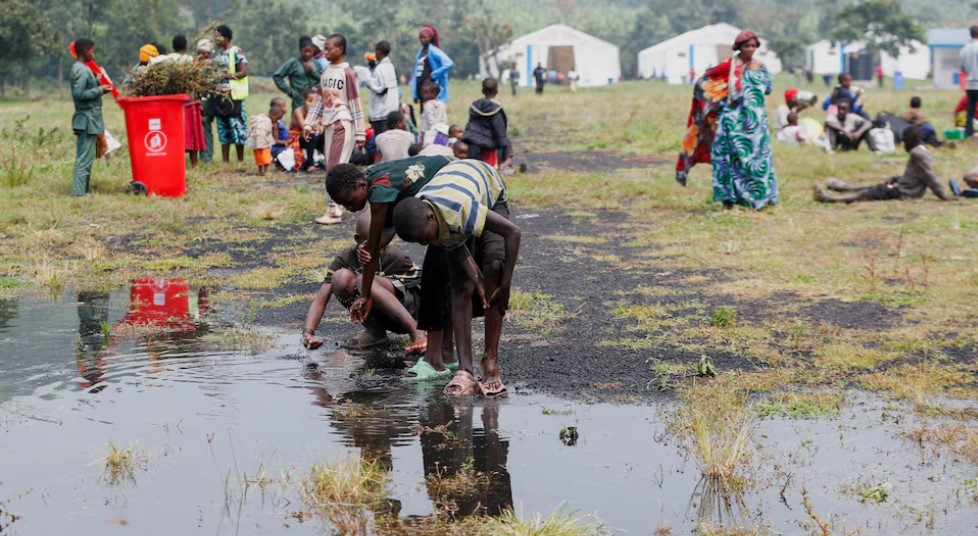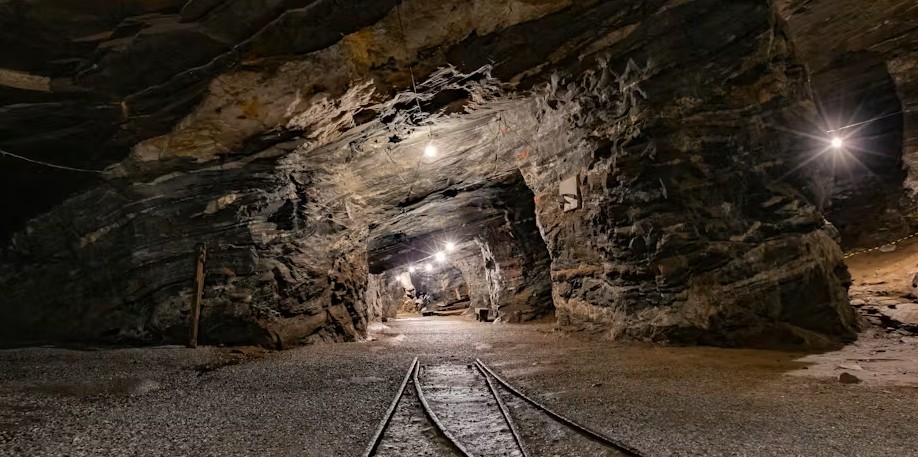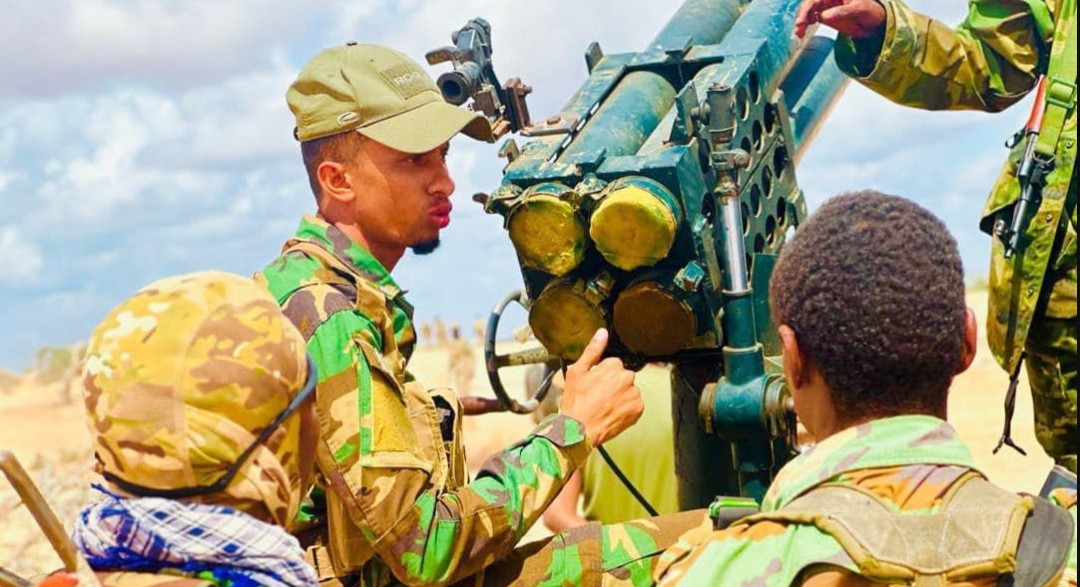Critically endangered Somali wild ass foal born at Knowsley Safari, boosting conservation efforts

The species is native to the Ethiopian desert and the mountains of northeast Eritrea. Currently, there are only about 200 Somali wild asses left in the wild.
A critically endangered Somali wild ass foal was born at Knowsley Safari in Merseyside, UK. This event is significant for both the park and the global conservation efforts for the Somali wild ass, a subspecies of the African wild ass.
The species is native to the Ethiopian desert and the mountains of northeast Eritrea. Currently, there are only about 200 Somali wild asses left in the wild.
More To Read
- Earth Day marked as global risks report warns of escalating environmental threats
- Tourism booms as Nairobi parks become most visited, attracting 886,000 visitors in 2024
- From logging to honey production: How beekeeping is saving Lamu’s mangroves forests
- MPs call for increased budget to tackle ballooning wildlife conflict claims
The foal was born to first-time parents, Lahra, aged four, and Hansi, aged five. To prepare for the birth, animal keepers at Knowsley Safari moved Hansi away from the group several weeks earlier. This allowed Lahra to focus on her delivery without distractions. After the birth, Lahra kept her distance from the other females, focusing on bonding with and protecting her newborn.
Lindsay Banks, the ungulates team manager at Knowsley Safari, spoke about the foal's birth, describing it as an important moment for both Knowsley Safari and the Somali wild ass species.
She highlighted the importance of breeding programs like the one at Knowsley Safari. Banks emphasised that without these programs, the species might face extinction.
"There are so few in the world because they're threatened by habitat loss, hunting, and competition with domestic livestock for resources."It means breeding programmes like ours are crucial for the species' survival. If they stopped, Somali wild ass could face extinction," she said.
The Somali wild ass has been endangered since the 1970s. Factors contributing to their decline include habitat loss, hunting, and competition with domestic livestock for resources. The species has also been hunted for food and medicinal purposes, which has further reduced their numbers.
The Somali wild ass is often mistaken for donkeys due to their similar appearance. However, they have distinctive features, including a blue-grey coat, a light-coloured belly, and unique black stripes on their legs.
Despite their resemblance to donkeys, the Somali wild ass is a resilient species, capable of surviving in harsh conditions. They feed on thorny bushes and tough grasses, which allows them to thrive in environments where other animals might struggle.
As the foal grows, visitors at Knowsley Safari will have the chance to observe it and learn about the crucial role conservation efforts play in preserving such a rare species.
Top Stories Today
- Education ministry launches forums to address delayed capitation, teacher promotions
- DR Congo sees 3 million returns despite renewed M23 rebel attacks
- CAF cuts Kasarani crowd to 27,000 after security chaos at Harambee Stars games
- UNICEF urges universal birth registration in Africa to protect children’s rights
- Kenya launches safety audits as 80 road crash deaths recorded in four days
- Britain’s envoy in Nairobi returns home without resolving contentious issues














































